The special administrative region is banking on its rich cultural and historic heritage to bring back tourists and reduce its reliance on the gaming business. Zhang Tianyuan reports from Macao.
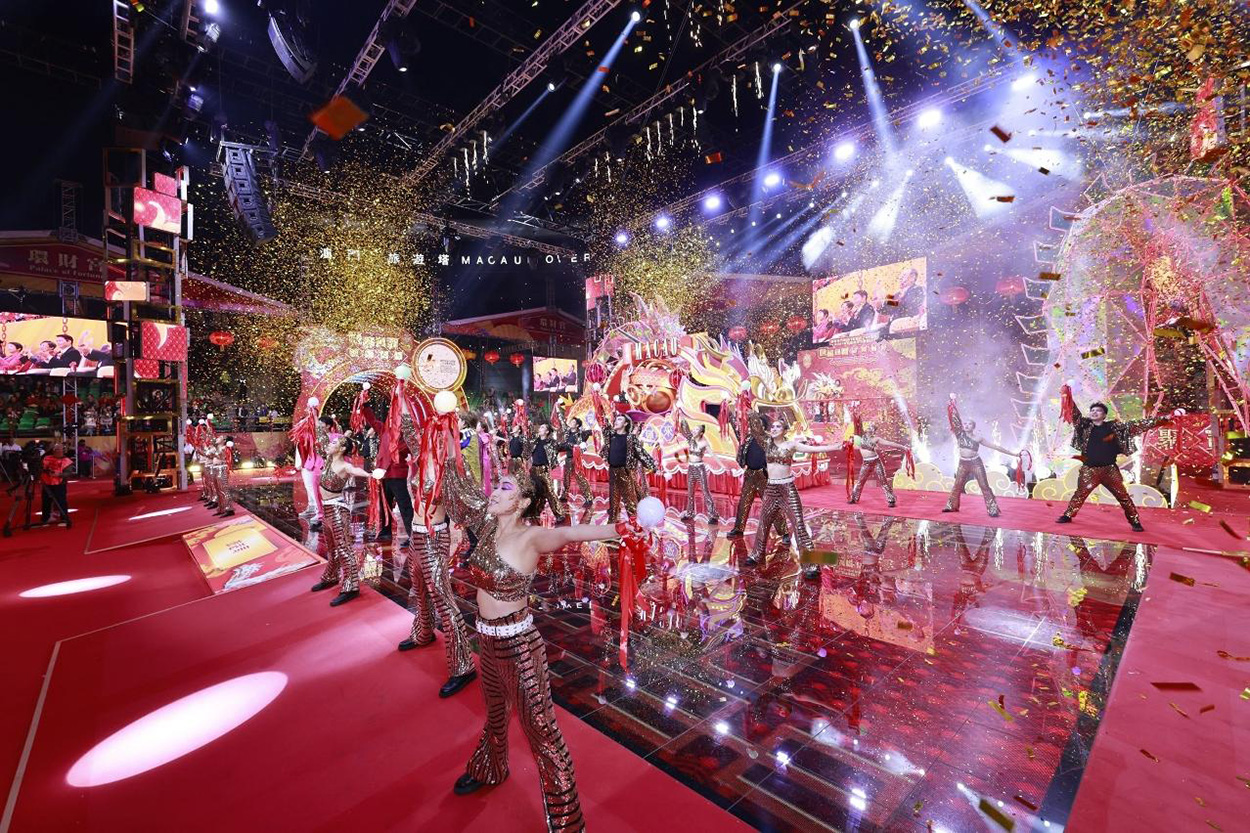
Editor’s note: February marks the fifth anniversary of the publication of the “Outline Development Plan for the Guangdong-Hong Kong-Macao Greater Bay Area”. In the tenth in China Daily’s series on the most intriguing stories to come out of the Greater Bay Area cities within the past five years, we offer an in-depth perspective on Macao’s industrial structure, highlighting its impressive initiatives to encourage the development of the aerospace sector. Additionally, the city’s vibrant multicultural heritage and robust artistic presence play significant roles in bolstering its flourishing tourism.
Nestled just a flight of steps away from the iconic Ruins of Saint Paul’s is Rua dos Ervanarios, or Guanqian Street in Chinese — a century-old street that had once served as the center of Macao’s foreign trade. Today, the historic thoroughfare has undergone a remarkable transformation, blending the city’s rich heritage with modern amenities and attractions.
The cobblestone path, adorned with vibrant and colorful murals, is packed with trendy cafes offering a taste of Macao’s quintessential street food — the pork chop bun — that have popped up alongside decades-old antique shops, incense stores and even a stamp collecting boutique. The special administrative region now hosts regular fairs, such as the Arraial na Ervanarios 2023, which integrates autostereoscopy and fog screen projections with tourism, to attract visitors to the historic street.
In its bid to reduce the city’s heavy reliance on the gaming industry, the Macao SAR government is betting on its legacy locales, characterized by Portuguese-style architecture and rich historic heritage. It is offering cutting-edge technologies, incentives and policy support to boost cultural tourism in areas like Rua dos Ervanarios.
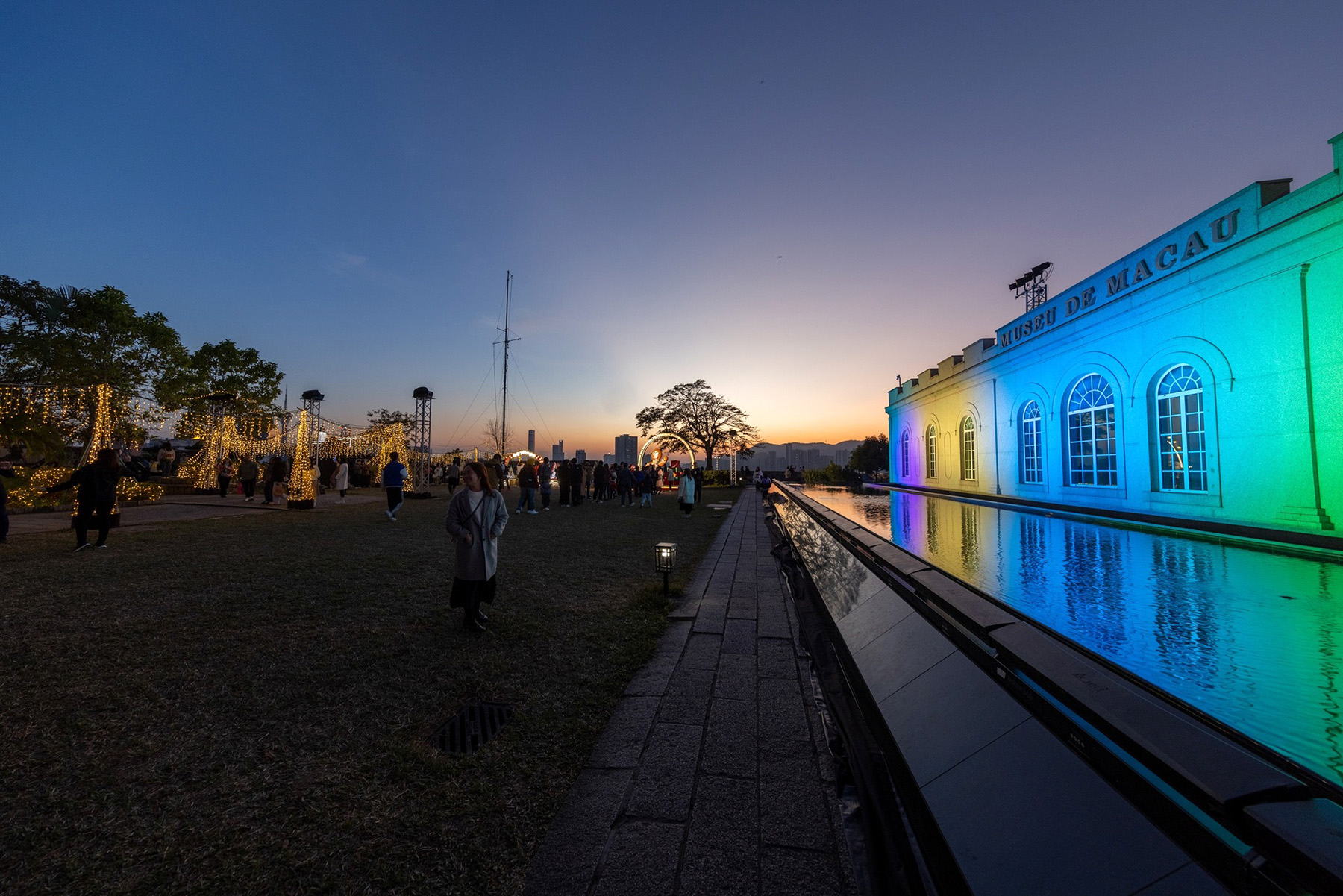
All-round development
Unveiling the “1+4” strategy in his Policy Address for the Fiscal Year 2023, Chief Executive Ho Iat-seng said Macao wants to be a center for tourism and leisure, and will allocate resources to nurture the growth of the “big health” industry, embracing the entire healthcare spectrum as well as modern financial services, high and new technology, convention-and-exhibition, sports, and commercial and trade sectors.
For over a decade, the gaming business has been a crucial pillar of Macao’s economy, with countless tourists flocking to the city’s glitzy casinos to try their luck, mostly at the baccarat tables. The latest data showed travelers spend an average of 6,623 patacas ($821) per person on gambling in 2022. From 2008 to 2019, Macao’s gross gaming revenue accounted for over 60 percent of the city’s gross domestic product, reaching a staggering 91 percent in 2011.
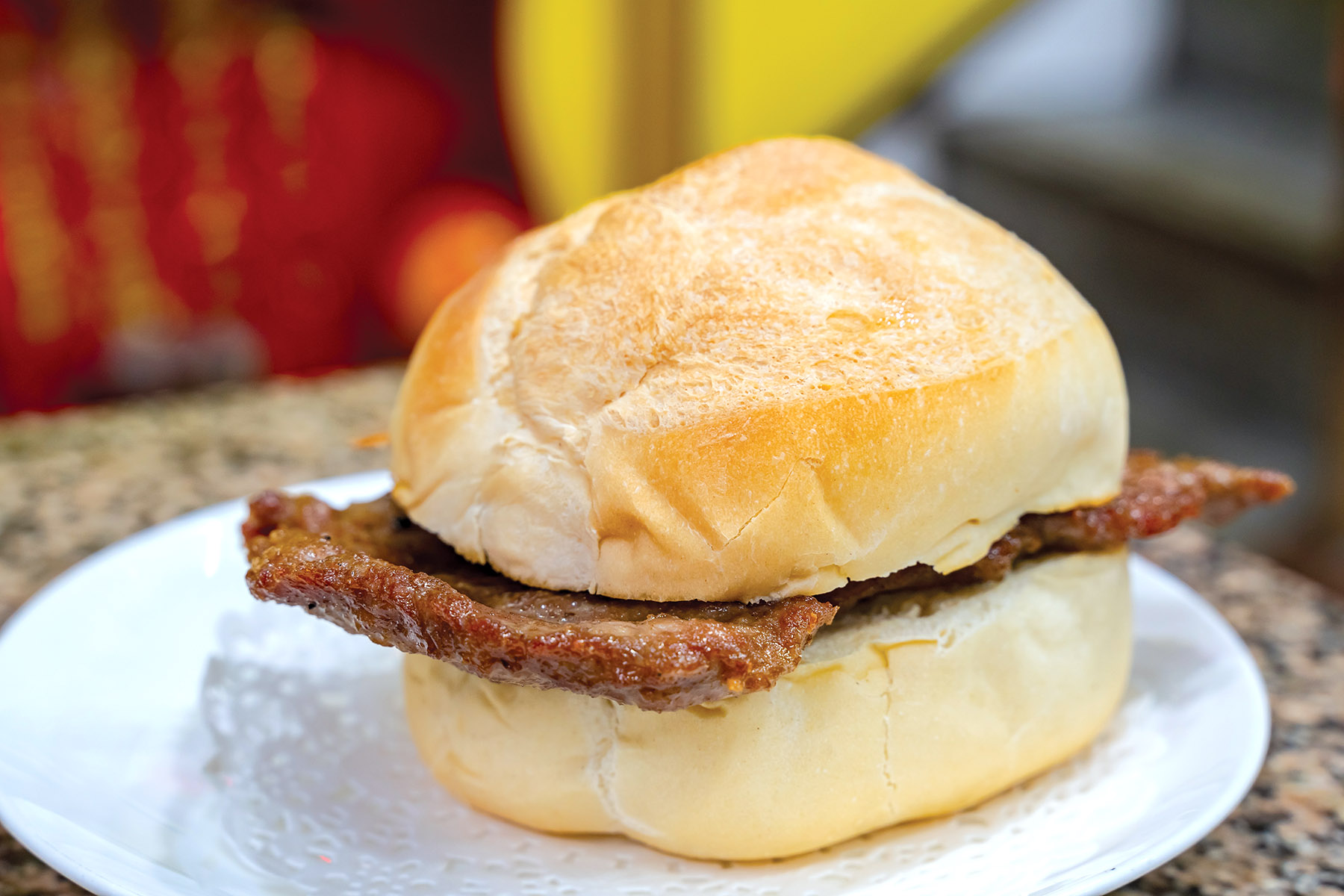
The COVID-19 pandemic dealt a blow to the gaming sector, causing its share of Macao’s GDP to plummet to a record low of 22 percent in 2022. But its contribution to GDP rebounded to above 50 percent in the first half of last year following the scrapping of all travel curbs imposed during the pandemic, according to the Economic and Technological Development Bureau.
To lure tourists to historic sites, Macao has been focusing on developing new attractions and reviving lesser-known areas, says Cheung Kin-chung, chairman of China Travel Service (Macau) Ltd and one of seven government-appointed lawmakers. “The government has successfully developed several distinctive tourist attractions in recent years.”
Citing the case of a former shipyard site on Coloane Island, Cheung, who is also the director of the Association of Macao Tourist Agents, notes that shipbuilding had once played a significant role in the growth of the local economy. “Despite the industry’s decline, the old factory buildings have remained intact, offering a unique opportunity to showcase Macao’s maritime history.”
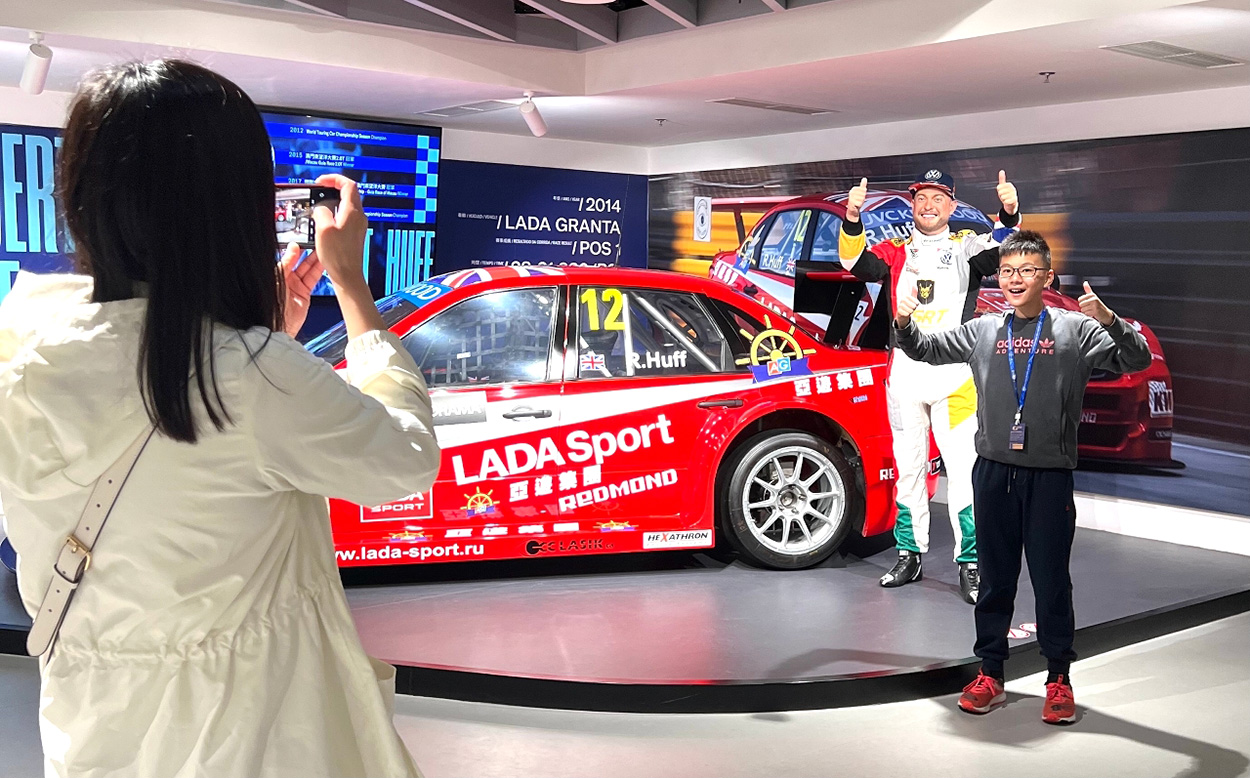
Potential for tourism
The Cultural Affairs Bureau plans to collaborate with local small and medium-sized businesses to organize various events during festivals, including gastronomy, markets, performances and art, to revitalize the historic districts at the initial stage. The bureau aims to create a conducive business environment to attract merchants to the area.
In response to the government’s push for nongaming tourism, Paul Wong Fai, president of Macau Leisure Tourism Service Innovation Association, says travel agencies are eyeing product innovation and diversification to attract tourists from the Chinese mainland and abroad, particularly in cultural and creative tourism.
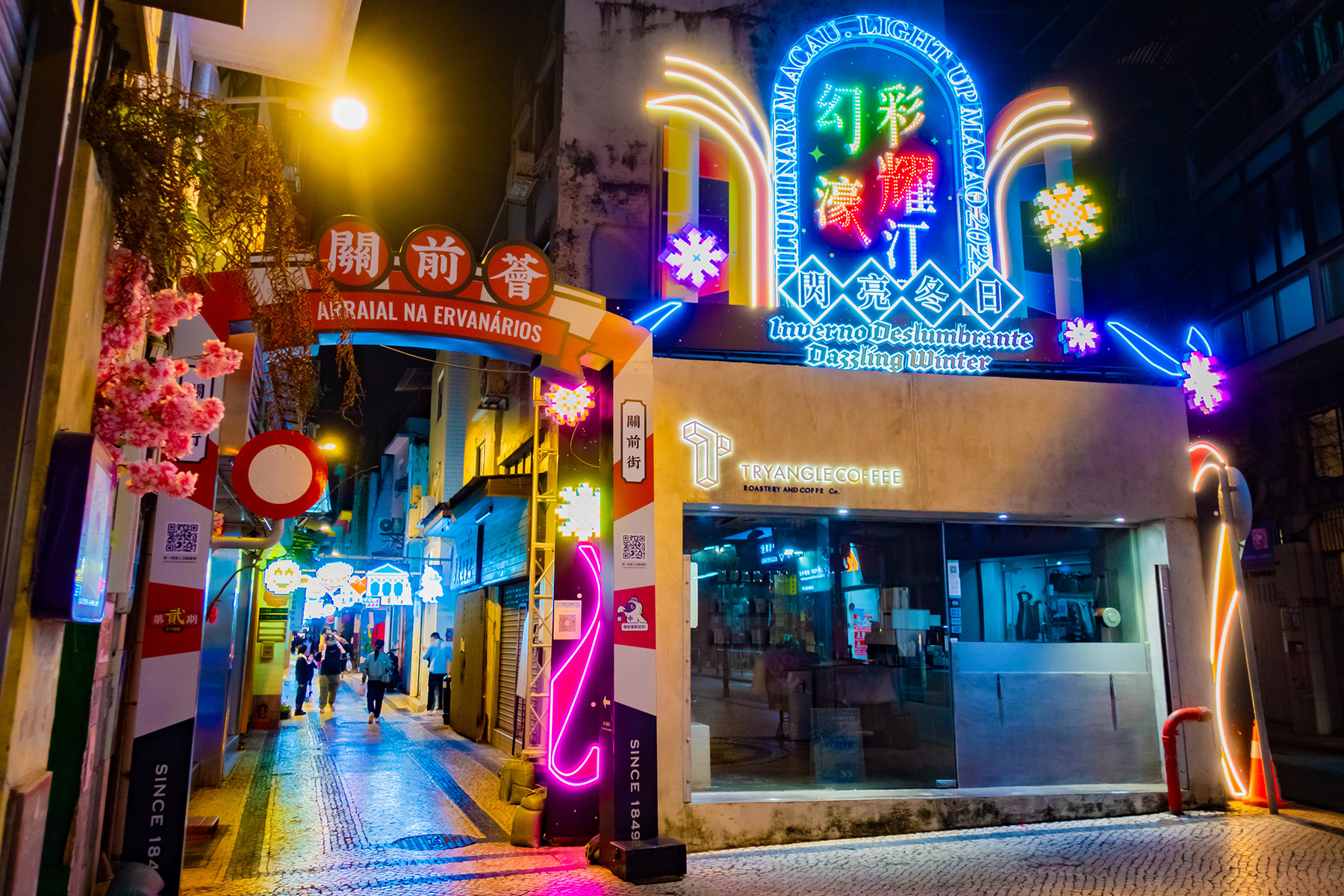
Macao welcomed 28.2 million visitors last year, rebounding to nearly 72 percent of pre-pandemic levels. The number of international tourists recovered to 48 percent of the 2019 levels prior to the pandemic, with nearly 1.5 million visitors from all over the world, according to the Macao Government Tourism Office.
“The bulk of Macao’s tourism market is from the mainland, with independent travelers outnumbering those joining travel agencies,” says Wong. He urged local travel agencies to extend their reach beyond Macao by teaming up with neighboring cities to attract more visitors to Macao and its surrounding areas, ultimately fostering regional tourism.
COVID-19 has exposed the fragility of Macao’s tourism business due to its over-reliance on mainland tourists, thus posing a threat to the city’s sustainable growth. The travel restrictions imposed during the pandemic years led to a sharp fall in the number of visitors from the mainland, triggering a profound economic downturn as revenues from the retail and gambling sectors plummeted.
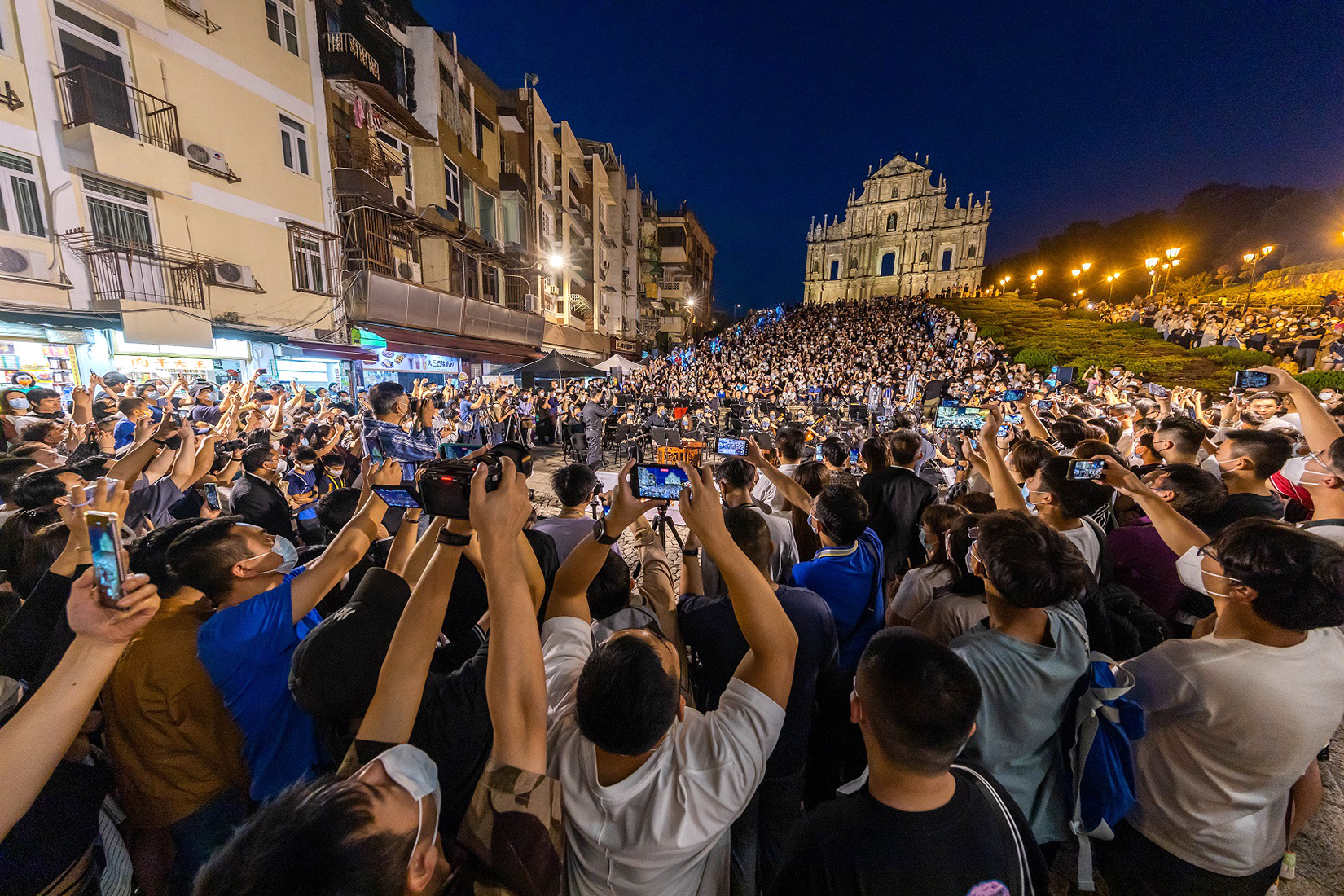
Brian Cheong Veng-va, personnel manager of the Macao Chinese Orchestra, is optimistic about the city’s appeal to global tourists, highlighting Macao’s unique position as a confluence of Chinese and Portuguese cultures.
He points to the Macao Chinese Orchestra’s efforts to incorporate Portuguese elements into Chinese music, collaborating with Fado — a Portuguese intangible cultural heritage — and inviting renowned Chinese composers to create works that blend Portuguese cultural elements.
Leveraging the city’s geographic and cultural proximity to Guangdong province, Lio Kuok-man, music director and principal conductor of the Macao Orchestra, said his team has created an innovative performance that combines the well-known Cantonese opera Princess Cheung Ping with orchestral music, “a form of performance that is rare in Western countries”.
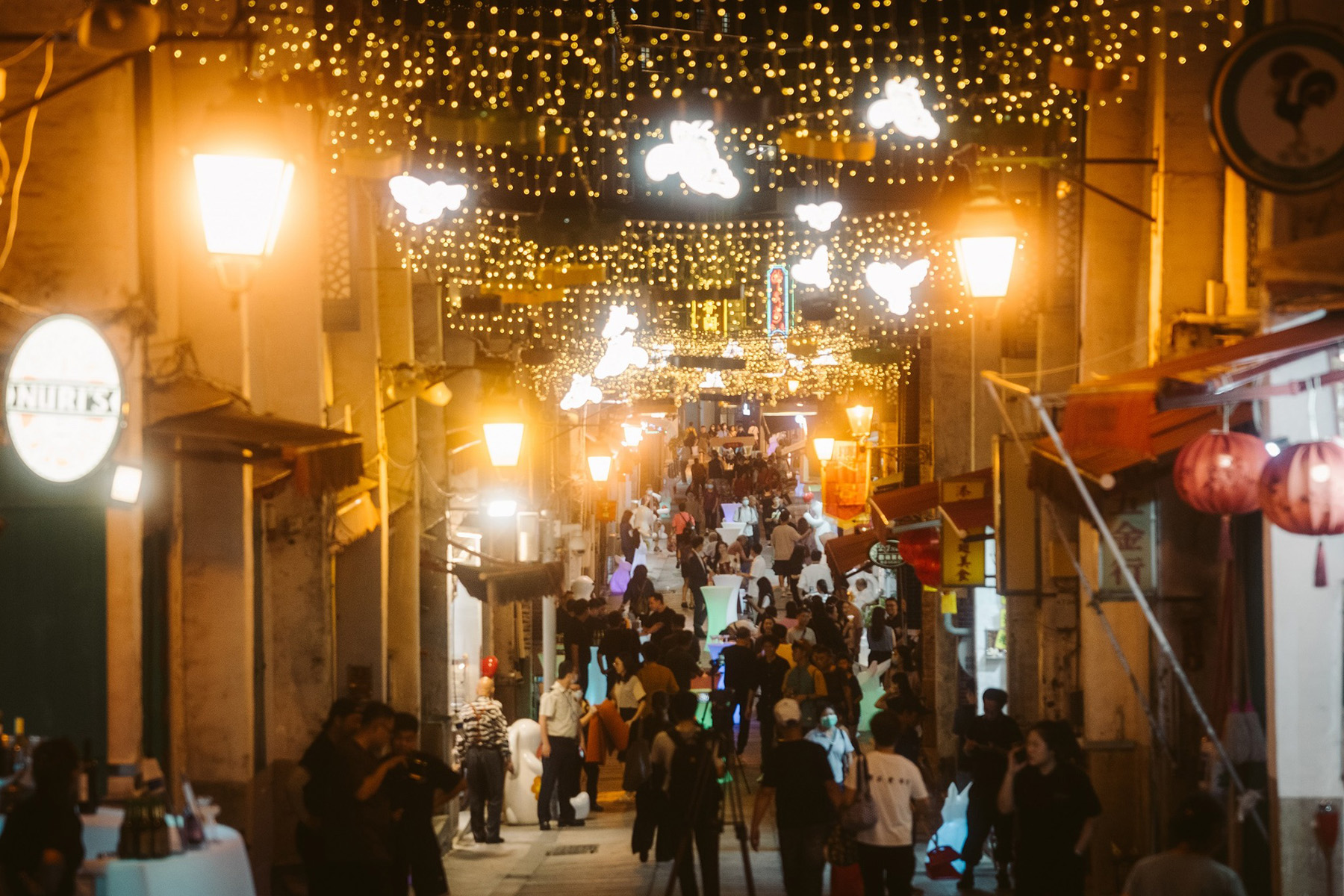
To woo a wider range of international tourists, Maria Helena de Senna Fernandes, director of the Macao Government Tourism Office, says the office will organize large-scale tourism promotional events in multiple Northeast and Southeast Asian cities between March and July.
The promotional campaign kicked off with events in Tokyo in March, and in Singapore this month. Upcoming events are scheduled to take place in Jakarta and Hong Kong in May, followed by Seoul and Bangkok in June, and Malaysia in July. The campaign aims to showcase Macao’s diverse “tourism+” elements, which combine tourism with other sectors, such as culture, sports and entertainment.
Contact the writer at tianyuanzhang@chinadailyhk.com


